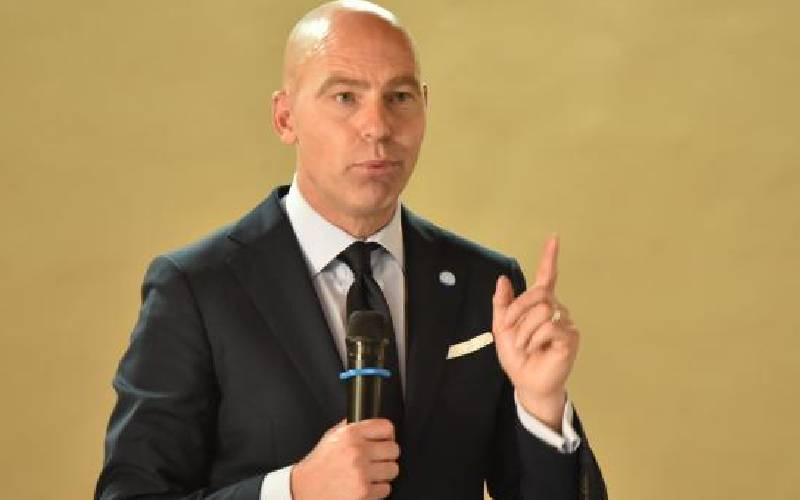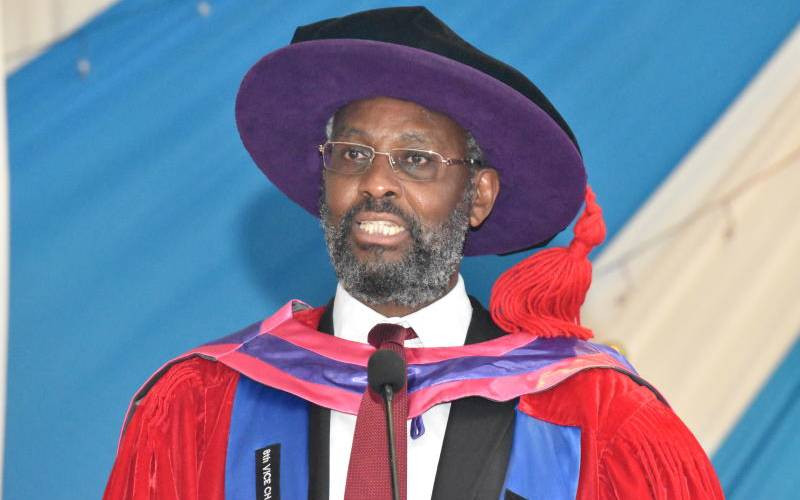Rest in peace, Great Eagle of the Iroko Tree. We shall come to you, someday, to continue this story
I met Chinua Achebe in November 1988. Henry Chakava, the man who would turn out to be my mentor and teacher, had only recently engaged me as English Language Teaching Editor, at Heinemann.
“I want to see these shelves full of children’s readers,” Henry said, “For a start, I have secured for you rights on some of Achebe’s books. You will have to repackage them, giving them illustrations with a local flavour and such other gimmicks. I told Chinua that we will invite him to Kenya as soon as the books are published.”
Within weeks, several titles were on the shelves, in accord with the wishes of the big chief. We did The Drum, The Flute and How the Leopard Got His Claws, whose glory Achebe shared with John Iroaganochi. Chike and the River would follow a year later, after curious drama from a South African publisher, who did not want us to issue it locally. It took Achebe’s personal intervention for EAEP, the successor of Heinemann Kenya, to publish Chike. Chike remains one of my favourite children’s reads.
We threw in a Kenyan edition of The Trouble With Nigeria and repackaged Arrow of God, A Man of the People and Anthills of the Savannah Grasslands. We were ready for the Achebe visit.
We went all over the place, greeting people and talking about literature and culture. Achebe was soft spoken, observant and collected. He spoke with aplomb. Everybody wanted a piece of the Achebe experience. The Sales and Marketing Manager appointed himself the official driver, marginalising the regular company drivers.
We started off in Taifa Hall at the University of Nairobi. There was a shouting match of sorts between a member of our team and university students, anxious to listen to the ‘Oracle’. Our man was making too long an address, trying to share in oracular glory. The university professor who introduced Achebe was also shouted down for another tirade.
Eventually the great man spoke. He talked of the crisis between the poet and the emperor. He likened the poet to the Anthills of the Savannah Grasslands and the emperor to the grass. If only the grass would listen to the anthills, he said, society would suffer less the ignominies and agonies the emperor has often thrust it into. However, it was the tragedy of society that the emperor should be perpetually intransigent. Consequently, he would every so often sink both himself and society into trauma.
We left for Kabarak High School the next day. Achebe and Henry went ahead in Henry’s BMW, their high calibre chauffer behind the wheel. We followed with Daniel, Henry’s regular driver, in an older car. The BM zoomed out of sight in no time. As we approached Elmentaita, we found the BM on the roadside. The bonnet was open, the chauffer fiddling with the contents. Achebe and Henry stood on the side, waving down indifferent motorists. They just zoomed past. The saying about swine and gold hit me with astounding freshness. What is gold to swine?
Two days later, at Moi Vokoli Girls School, we had placed the travails of unpredictable vehicles behind us. We listened attentively as Achebe’s readers engaged him. A young lawyer wanted to know why he had killed Okonkwo in Things Fall Apart. Could he revise the book in a future edition to give it a more pleasant ending? Another one wanted the same done for No Longer at Ease. Why had he jailed Obi? Novels were not law books to be revised every so often to suit the whims of some people, the poet told the lawyer. They could go on revising their law books as their whims may direct them, he said. His books, however, would continue to reflect the truth, regardless that they made some people uncomfortable.
And so we went on sitting at this great man’s feet, imbibing wisdom. He said he had rudely found out that the African child was being fed on beautifully packaged poisons from foreign lands. There was need to tell the African child his own story. He cited the example of Rider Haggard’s Alan Quartermain and King Solomon’s Mines as examples of such poisons. Even he had once, as a child, been deceived by the racist heroism in these stories.
I thought he was talking about me. I recalled how at Jericho Primary School in Nairobi they used to call me Umslopogas, after one of Haggard’s “good Africans.” The good African was a docile individual who danced to the tune of foreign authority.
He told us of discovering Things Fall Apart. European publishers had received the notion of an African novel with amusement. Could a novel come out of the Nazareth that was Africa?
Some time after he had gone back to the USA, where he taught, he sent us a sad letter. His wife had had an accident. She had lost use of her right hand. She was learning to be left handed in old age. She was, however, taking it well and making good progress. Much later, someone telephoned from Heinemann Oxford. Achebe had had an accident in Nigeria. He had lost use of his legs.
Yeah, but he never lost use of his head. The books kept coming – The Education of a British Protected Child, Home and Exile, Another Africa, There Was a Country . . .
Stay informed. Subscribe to our newsletter
Last March news came that the great Eagle of the Iroko Tree had passed on. “Let him not die,” I thought, remembering his narrative of his daughter’s reception of the news of the death of the poet Christopher Okigbo, almost two generations earlier.
They buried him on Thursday this week, in the village of Umuahia in Eastern Nigeria. In his demise, I hear agitators calling for a “posthumous Nobel Prize for Literature.” How so strange! Our people say that greatness is like the great Iroko tree. You don’t grow it, or tell it where to grow. It chooses where to grow. Chinua Achebe achieved greatness when he was barely out of adolescence. He does not need foreign decorations in death. Rest in peace, Great Eagle of the Iroko Tree. We shall come to you, someday, to continue this story.
The writer is a publishing editor and special consultant and advisor on public relations and media relations
 The Standard Group Plc is a
multi-media organization with investments in media platforms spanning newspaper
print operations, television, radio broadcasting, digital and online services. The
Standard Group is recognized as a leading multi-media house in Kenya with a key
influence in matters of national and international interest.
The Standard Group Plc is a
multi-media organization with investments in media platforms spanning newspaper
print operations, television, radio broadcasting, digital and online services. The
Standard Group is recognized as a leading multi-media house in Kenya with a key
influence in matters of national and international interest.
 The Standard Group Plc is a
multi-media organization with investments in media platforms spanning newspaper
print operations, television, radio broadcasting, digital and online services. The
Standard Group is recognized as a leading multi-media house in Kenya with a key
influence in matters of national and international interest.
The Standard Group Plc is a
multi-media organization with investments in media platforms spanning newspaper
print operations, television, radio broadcasting, digital and online services. The
Standard Group is recognized as a leading multi-media house in Kenya with a key
influence in matters of national and international interest.







